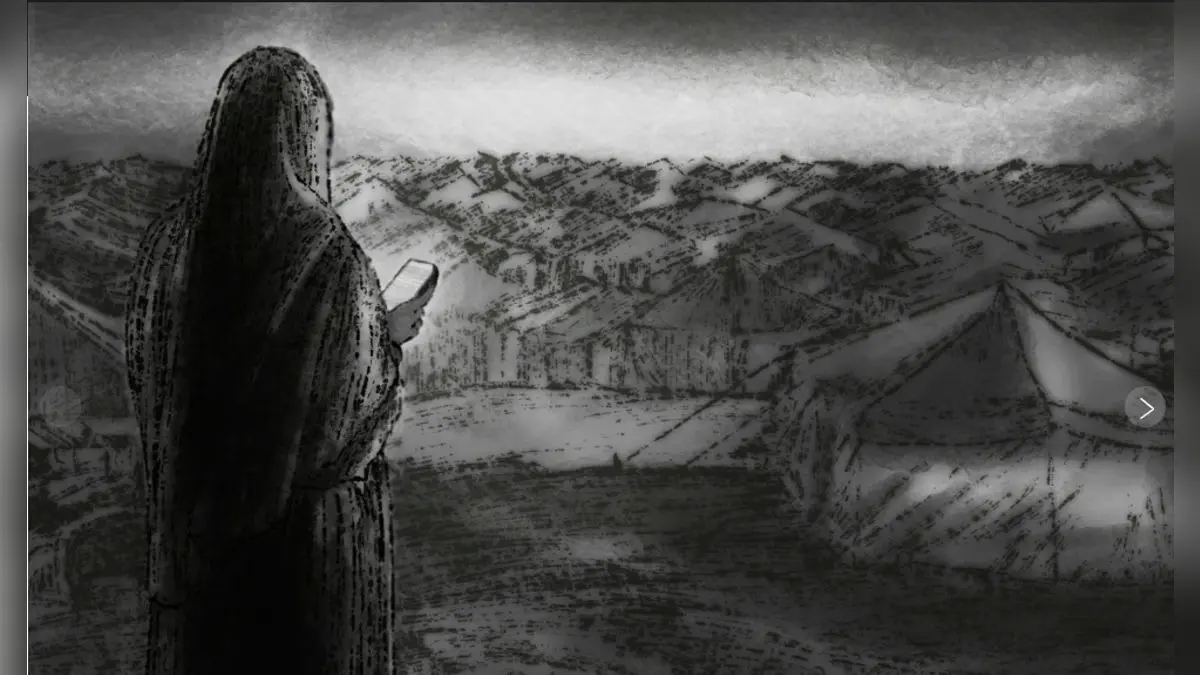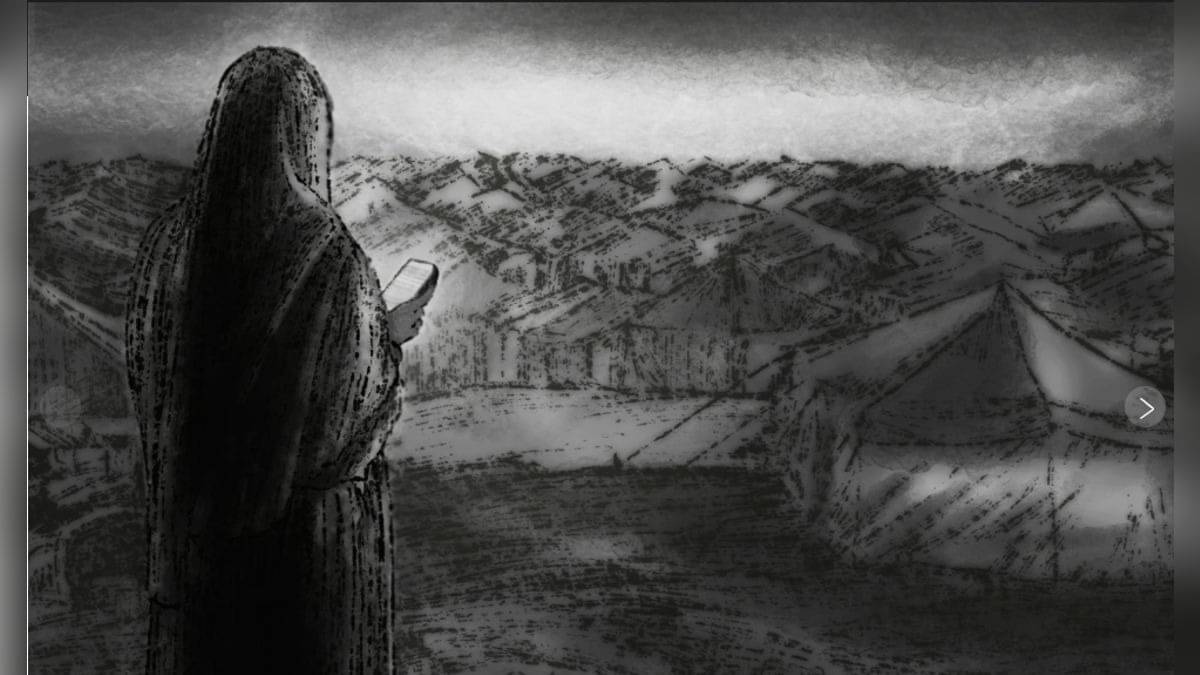
Gaza Women Report Sexual Exploitation For Promised Food And Aid | Image:
AP
As Gaza’s humanitarian crisis grows, some women say they have been exploited by local men promising food, money, water, supplies, or work in exchange for sexual interaction. A report stated that six women described their experiences, each speaking on condition of anonymity for fear of retribution from their families or the men, and because sexual harassment and assault are considered taboo topics.
Psychologists and aid groups also spoke to AP about the accounts of women in Gaza; an increase in reports of exploitation, even as data is hard to gather; and the growing desperation that is driving women in particular to make impossible decisions.
The Solicitation and Women’s Cases
The six women who spoke to AP about solicitation attempts said that sometimes, the men’s demands or requests were blatant: “Let me touch you,” one woman recalled being told. Other times, it was culturally coded: “I want to marry you,” or “Let’s go together somewhere.” Several women told the AP that men promised food, water, a tent, or a job in soliciting them.
The women said they were desperate to feed their children. Several had run out of food. Others were single mothers and had no way to support their families. Some women said the men identified as aid workers and took their phone numbers when they went to register for assistance, later calling and attempting to exploit them. Most of those who spoke to AP said they did not give in to the men’s demands.
One woman said that she had a sexual interaction with a man who promised her help, and that afterward, he provided some money and other aid and eventually helped her get a job. Several women said they weren’t able to identify which aid group the men seemed to be associated with.
The U.N. and aid groups generally work with local communities: paying people as contractors, using volunteers, or having leaders appointed by the community as liaisons. The U.N. says it has a zero-tolerance policy for sexual exploitation. Four psychologists working with women in Gaza also described patients’ accounts to AP.
One said her organization — focused on protecting women and children — treated dozens of cases involving men sexually exploiting vulnerable women, including some in which they became pregnant. The psychologists, all Palestinians working for local organizations in Gaza, spoke on condition of anonymity because of privacy concerns for the women involved and the sensitive nature of the cases.
Aid Groups and Experts Say ‘Exploitation Often Arises During Conflicts’
Reports of abuse and exploitation have emerged during emergencies in South Sudan, Burkina Faso, Congo, Chad, and Haiti. Aid groups and experts say exploitation often arises during conflicts and other times of desperation, particularly when people are displaced and reliant on assistance.
The groups also say Israel’s restrictions on aid and its military operations have created the dire crisis in Gaza. As hunger and desperation spread, women in particular, say they’ve been pushed to make impossible decisions.
Aid groups also cite the context in Gaza — nearly two years of war; the displacement of at least 90% of the population; Israel’s blockade; and turmoil over aid access — and say it has made humanitarian work for vulnerable people particularly challenging and the documentation of exploitation cases difficult.
“Israel’s siege on the Gaza Strip and the restrictions on humanitarian aid are what’s forcing women to resort to this,” said Amal Syam, director of the Women’s Affairs Center, a local Palestinian group. Israel says there are no restrictions on aid and that it has taken steps to expand what comes into Gaza.
Despite the Stigma, Groups Say Cases Are On the Rise
Many women say they’re afraid to speak up, fearing retaliation and shame if they come forward. Longstanding cultural barriers and fears of stigma persist, in a conservative culture where having sex outside of marriage in any context is seen as a grave offense. Still, psychologists and women’s groups said cases have increased as the crisis worsened — with more people displaced, reliant on aid, and crammed into makeshift camps.
Six human rights and relief organizations — including the Women’s Affairs Center and the Protection from Sexual Exploitation and Abuse network, which coordinates with various aid groups, including United Nations agencies — told AP they were aware of reports of sexual abuse and exploitation linked to receiving aid. Syam said that before the war, exploitation reports happened once or twice a year, but they have increased dramatically. But she said many organizations won’t highlight the numbers or the issue.
“Most of us prefer to keep the focus on the violence and violations committed by the Israeli occupation,” Syam said. Israel says it is fighting to dismantle Hamas and release the hostages taken in the 2023 attack that sparked the war, and that it mitigates civilian harm as much as possible.
The PSEA network said that last year, it received some 18 allegations of sexual abuse and exploitation linked to receiving humanitarian aid in Gaza, all involving either aid workers or those associated with it, such as community representatives or private contractors. The network wouldn’t indicate how many of the cases were being investigated, saying it can’t disclose information unless they are formally concluded.
Sexual violence is vastly underreported, particularly in humanitarian and conflict settings, noted Sarah Achiro, a coordinator for the PSEA network. Data, she said, often shows just “the tip of the iceberg.”
Also Read: What To Know About The Gaza Peace Plan Agreed To By Trump And Netanyahu

